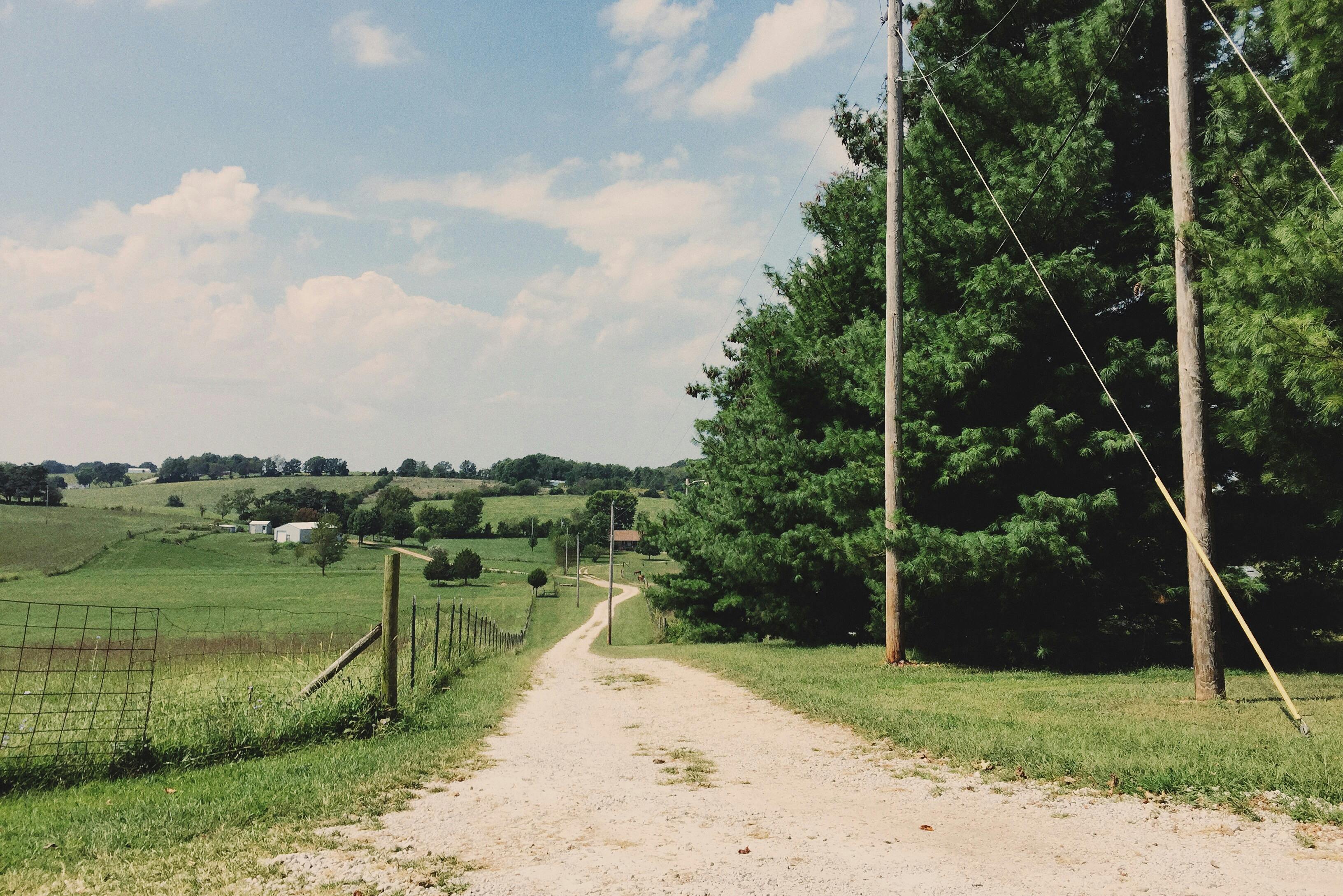Property rights in California are not always absolute. In some situations, a person or entity may be granted the legal right to use another’s land without owning it.
These arrangements are called easements, and they are more common than many property owners realize. Easements shape how land can be used, maintained, and accessed, which makes understanding them essential for both property owners and individuals who rely on another’s land for access or utilities.
What Is an Easement?
An easement agreement is a legal right to use real estate owned by another party. It differs from a lease or license because it does not allow occupation or profit from the property. Instead, it provides limited rights, such as a right of way or access to utilities, while leaving ownership intact with the property holder.
For property owners, easements are important because they allow lawful, structured use of their land by others without risking unauthorized or permanent claims. For those who benefit from easements, such as neighbors who need road access or utility providers, the agreement ensures reliable and enforceable rights.
How Easements Are Created in California
California law recognizes several ways easements can be established. The most straightforward method is through a written agreement or contract that sets out the scope, boundaries, and purpose of the easement. These express easements must be lawful, reasonable, and specific in order to be enforceable.

In some situations, easements may be created without a written agreement. A prescriptive easement can arise when someone openly and continuously uses another’s land without permission for the period required under state law.
For example, if a neighbor uses a private road to reach a public street over many years without objection, they may eventually gain a legal right to continue using that road. Similarly, an easement by necessity can be established when a landlocked property owner has no reasonable access to their land without crossing a neighbor’s property.
Types of Easements
Not all easements serve the same purpose. Easements appurtenant benefit an adjoining property and are tied to the land itself. These typically include rights of way, such as access to a shared road or path to a public park. Once created, these easements “run with the land,” meaning they remain in effect even when the property changes ownership.
By contrast, easements in gross benefit a person or entity rather than a property. A common example is a utility easement that allows a power or water company to run lines or pipes across private land. These agreements are often established by municipalities or included in property deeds.
Protecting Property with “Right to Pass by Permission” Signs
California property owners have tools to prevent unauthorized use of their land from turning into a legal claim. One of these tools is the “Right to Pass by Permission” sign. When posted correctly, these signs make clear that access is being granted as a courtesy rather than as a legal right. This can prevent someone from later arguing that a prescriptive easement was established through continuous use.
However, these signs are only effective if they meet legal requirements. They must be visible, readable, and comply with local zoning rules regarding placement, size, and wording. Property owners often need legal advice to ensure that their signage is enforceable under state law.
Why Legal Guidance Is Essential
Because easements create long-term obligations and rights, they must be drafted carefully. A poorly written easement can leave an owner vulnerable to excessive use or disputes over boundaries. Conversely, those who depend on easements for access or utilities may find themselves without enforceable rights if the agreement was not structured properly.

In California, voluntary agreements must be in writing and signed by both parties, with clear terms regarding duration, property condition, and responsibilities. In some cases, courts may also require proof that the agreement complies with the Civil Code. Having a business and contract lawyer review or draft an easement ensures that it is both enforceable and equitable.
The complexities of easement law make professional guidance essential. Whether you are a property owner seeking to protect your land, or someone who needs legal access to another’s property, Villasenor Law Offices can help. Their team has extensive experience handling real estate contracts, disputes, and easement agreements throughout San Diego.
By working with Villasenor Law Offices, clients can be confident that their property rights will be protected and that easement agreements will be structured fairly. The firm ensures that all documentation complies with California law and that both parties’ interests are represented.
Take Action Today
Easements may seem like a minor detail, but they can have lasting effects on property ownership, value, and use. For those considering creating, disputing, or enforcing an easement, the guidance of a skilled real estate attorney is invaluable. Contact Villasenor Law Offices today to discuss your situation and ensure that your property rights are protected.
Villasenor Law Offices
+18587077771
12396 World Trade Dr Suite 211, San Diego, CA 92128
12396 World Trade Dr Suite 211, San Diego, CA 92128